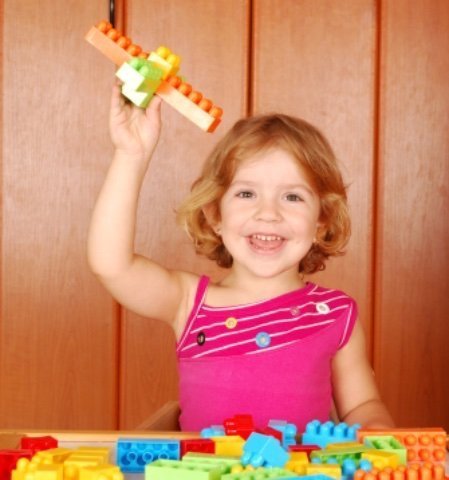If you’ve followed me for any period of time, you know how strongly we believe in holding youngsters accountable for their mistakes and misdeeds.
 As most of us have learned the hard way, the road to wisdom and responsibility is paved with plenty of small mistakes and their consequences.
As most of us have learned the hard way, the road to wisdom and responsibility is paved with plenty of small mistakes and their consequences.
As we go about shaping the hearts and minds of our children, it’s important to remember that this road is also paved with positives. While it’s unrealistic…and not too healthy…to reward our kids every time they do something good, we’re wise to remember the value of reinforcing good behavior and good deeds.
The healthiest and most powerful types of reinforcement involve time and attention rather than stuff.
Examples include:
• Sitting on the floor with your toddler as you allow them to repeatedly destroy your tower of blocks
• Noticing something your teen has done well and patting them on the back
• Saying to your child, “It looks like you really worked hard on that. I bet you’re proud of yourself.”
• Playing catch
• Doing a puzzle together
As we provide reinforcement, it’s wise to remember the following:
• Reinforcement is more powerful when it comes as a surprise to our kids.
• Reinforcement loses its power when our youngsters come to expect it.
• Rewards should not be given every time our kids do something good.
• When our kids beg for or demand rewards, they shouldn’t get them.
• Avoid saying, “You are so smart.” Focus on your child’s hard work and perseverance.
• Your love should never be used as a reward or a consequence. Your children should have it all of the time.
The most successful parents always remember that it’s their job to give their kids the most accurate taste of the real world as possible. This means that we help them understand that much of the time hard work and good deeds provide positive results. It also means helping them understand that we do these good things because they’re the right thing to do…rather than because we expect rewards for doing them.



















